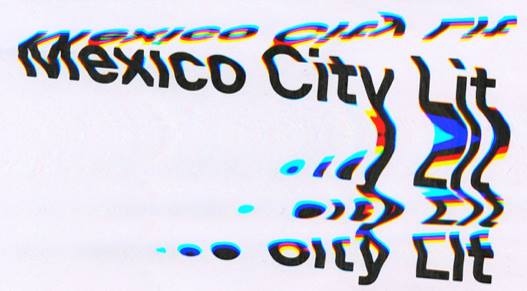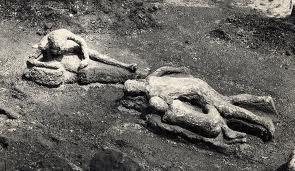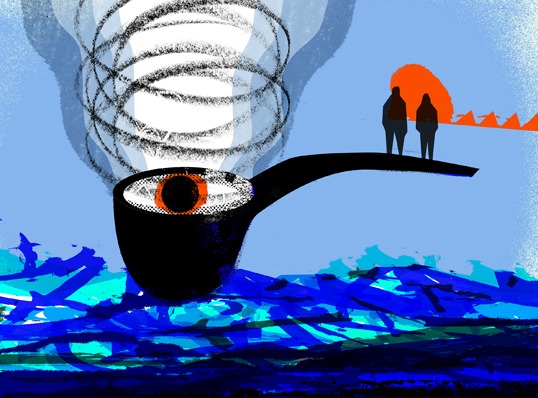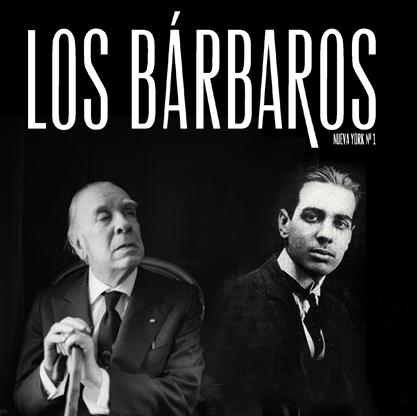Find Part I here.
*
Mexican Poets Go Home is a radical document of poetry in translation. Eugene Tisselli, for example, channels the spirit of Oulipo in a 79-line auto-generating poem based on an algorithm designed by the poet himself. Also excerpted in the anthology is Karen Villeda’s book-length retelling of the extinction of the dodo, a polyvocal epic woven out of quotes from contemporary scientific journals, colonial documents, and the imagined monologues of sailors.
These, and the other poems in the book, are restless texts: they are far from happy to remain within the confines of a national literary tradition. But the free, bilingual, digitally-distributed format of Mexican Poets Go Home puts it on the frontline of the politics of translation.
The anthology’s format allows it to transcend linguistic borders and forces people to read Mexican writing on its own terms. So in terms of distribution as well as content (form, as well as meaning) Mexican Poets Go Home remains so stubbornly hybrid as to defy any given aesthetic or cultural stricture.
As mentioned, the poem in the anthology is an autogenerative text based on an algorithm. As such, the text collapses language to its most basic atoms and mechanisms of meaning-production. Each line starts out as the buildup of all of its denominators: for example, line 32 is made up of lines 16, 8, 4 and 2. READ MORE…














